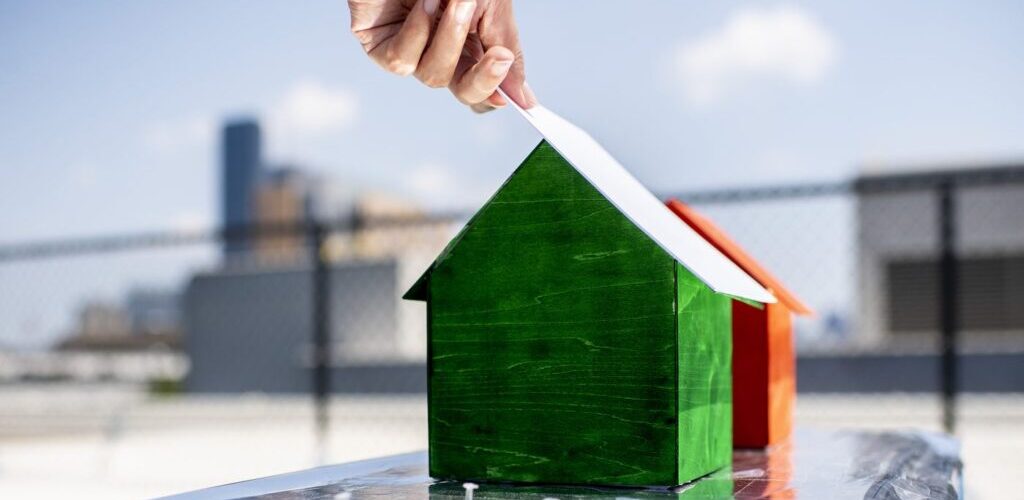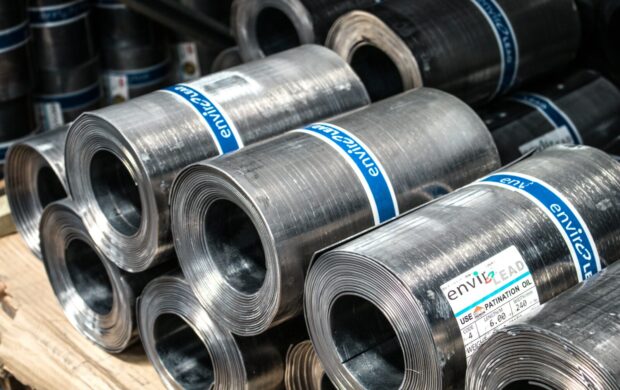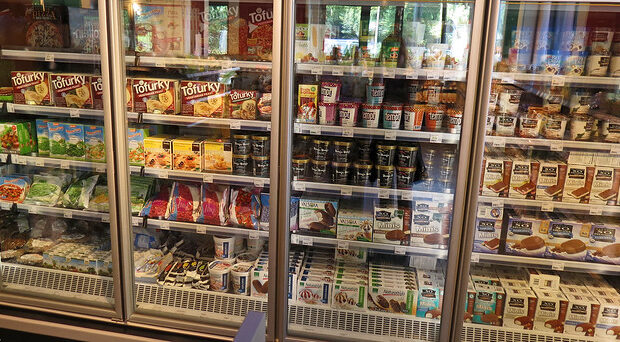An extraordinary new cooling material has been developed that could potentially be used to cool buildings passively, without conventional, energy-intensive cooling systems. Dubbed ‘cooling paper’ by its inventor, a nanomaterials specialist at Northeastern University in Boston, the material is a fully-recyclable composite of paper-waste and teflon. It absorbs indoor heat and remits it externally away from the building, and it also reflects away solar rays. Under tests, it was able to reduce indoor room temperatures by as much as 6C (10F).

So what
Extreme heat is becoming a much more widespread problem due to climate breakdown. Air conditioning is energy intensive and dependent on electricity provision – which can’t always be relied upon in regions that are most at risk of lethal heatwaves, such as South Asia. This ‘cooling paper’ (or a material based on it) could potentially be a cost-effective, low energy solution that saves lives and makes the future more liveable for millions.
Sources
-
 New Sustainable Roofing Material Can Naturally Keep Buildings Cool Without A/C https://www.goodnewsnetwork.org/cooling-paper-reflects-sun-and-sucks-heat-from-inside/
New Sustainable Roofing Material Can Naturally Keep Buildings Cool Without A/C https://www.goodnewsnetwork.org/cooling-paper-reflects-sun-and-sucks-heat-from-inside/ -
 Superhydrophobic and Recyclable Cellulose-Fiber-Based Composites for High-Efficiency Passive Radiative Cooling https://pubs.acs.org/doi/abs/10.1021/acsami.1c04046
Superhydrophobic and Recyclable Cellulose-Fiber-Based Composites for High-Efficiency Passive Radiative Cooling https://pubs.acs.org/doi/abs/10.1021/acsami.1c04046















Join discussion